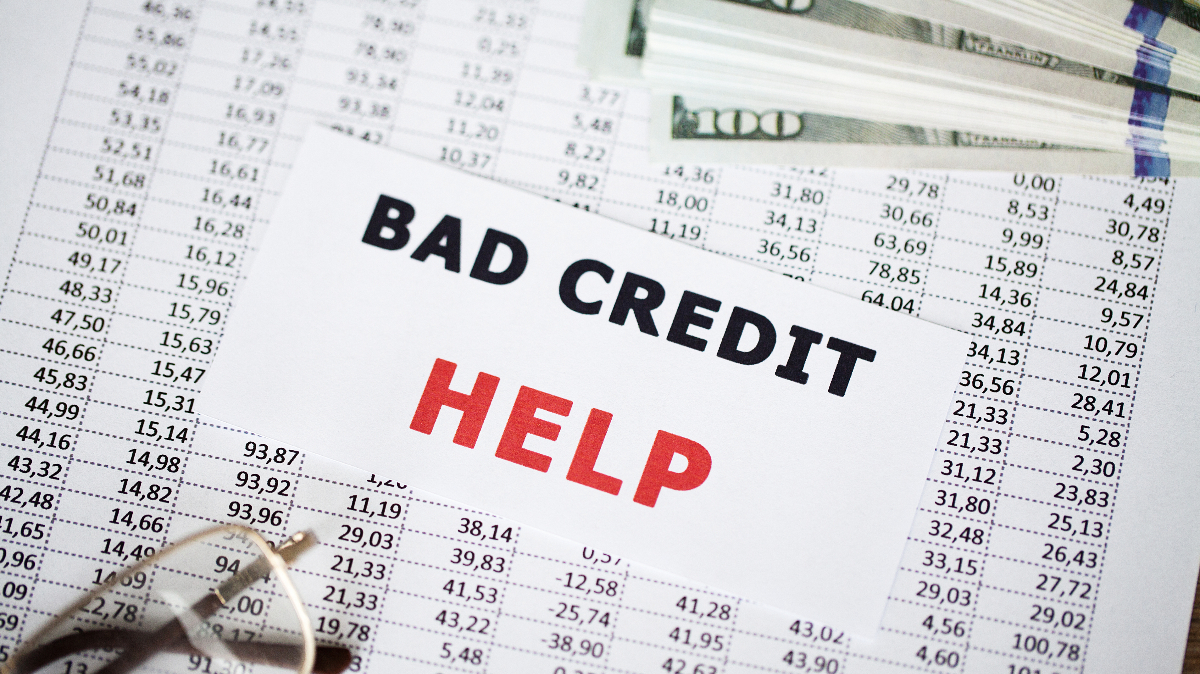
Your credit score is a crucial factor when it comes to your financial life since banks and other money lending institutions use it to decide if you qualify for the loan or not. Also, your car insurance uses this score when setting the insurance rate.
Therefore, it’s essential to know how to build a good credit score. Additionally, it will help if you understand what could hurt your credit score. In this article, we shall continue to tell you what could affect your credit and how to prevent it.
1. Are you paying your Dues on Time?
Did you know that your payment history accounts for 35% of your credit score? I thought you should know.
It’s important to note that if you delay making payments for more than a month, your creditor will have no option but to report the information to the credit bureau. The information is also recorded in your credit report.
Therefore, if you consistently delay honoring your payments to lenders, credit card companies, or utility bills, you will likely see your credit score affected. It would be best if you looked for ways to repair your bad credit on time to prevent your credit score from being classified as poor, as this can decrease your chances of getting approved for a loan.
So, how do you repair your bad credit? The best way to deal with this is to turn to your lender and see if the repayment plan can be revised. Times are hard right now, and your lender may be kind enough to give you more time to honor the repayment. Remember, their interest is to get their money back. So, if your plan seems to be worth it, they may be more than willing to come through to your rescue.
Another way to deal with this is taking a quick loan to service the existing one. This is recommended when you are sure that you will receive your money sooner hence repay the quick loan. Thanks to the advancements in the internet, if you take a look at this website, you will learn that online money lending platforms don’t require much time or documentation to have the loan approved. You only need to fill everything online, and once everything checks out, your loan is processed. Going this way can save your credit score from deteriorating.
2. Filing for Bankruptcy
What happens if you are unable to repay your debts? In this case, you may be forced to file for bankruptcy and receive legal protection.
Although the legal protection you receive can be helpful, this is an extreme event. It’s the most damaging event to your credit score. Whenever you file for bankruptcy, the information will be recorded in your credit report, and it’s there to stay. Seven years with a poor credit score isn’t something to smile about.
Bankruptcy cases are known to be complex, and for this reason, many lenders are scared of lending to individuals with a history of bankruptcy. Therefore, you should avoid declaring bankruptcy unless you have no option left on the table. Instead of filing for bankruptcy, you can consider discussing how you can have your loan serviced with your creditor. If it means reducing the monthly repayments to a figure you can manage, the better.
3. Getting a Judgment
What happens when the court summons you for failing to pay your debt?
In court, you might request to be given a specific period to have the loan repaid. However, do you know what effect this brings to your credit score? Allowing things to escalate this far will hurt your score. After all, which creditor will be willing to lend you money knowing that you have a history of defaulting such that the court is involved?
It will help if you avoid courts on matters revolving around loan payments, which means paying your loan on time. If you find yourself in court with such cases, you better service the loan since a paid judgment is better than an unpaid one.
4. A Charge Off?
What happens when a creditor gives up on trying to get you to make the payments? The creditor will have no option left but to charge off the account and report the information to the credit bureau. This is extremely harmful to your score.
When your account is charged off, you can no longer make any purchase with the account. Besides, you still owe the creditor the charge-off balance. Like bankruptcy, the information forwarded to the credit bureau sticks for seven years. Therefore, it’s wise to have the payments sorted before a charge-off is applied.
Your credit score is essential for your financial freedom. With a poor credit score, no money lending institution will be willing to transact with you. Mentioned in this article are common practices that may hurt your score. By reading the article, you will understand how you can easily avoid them and secure your good score.




